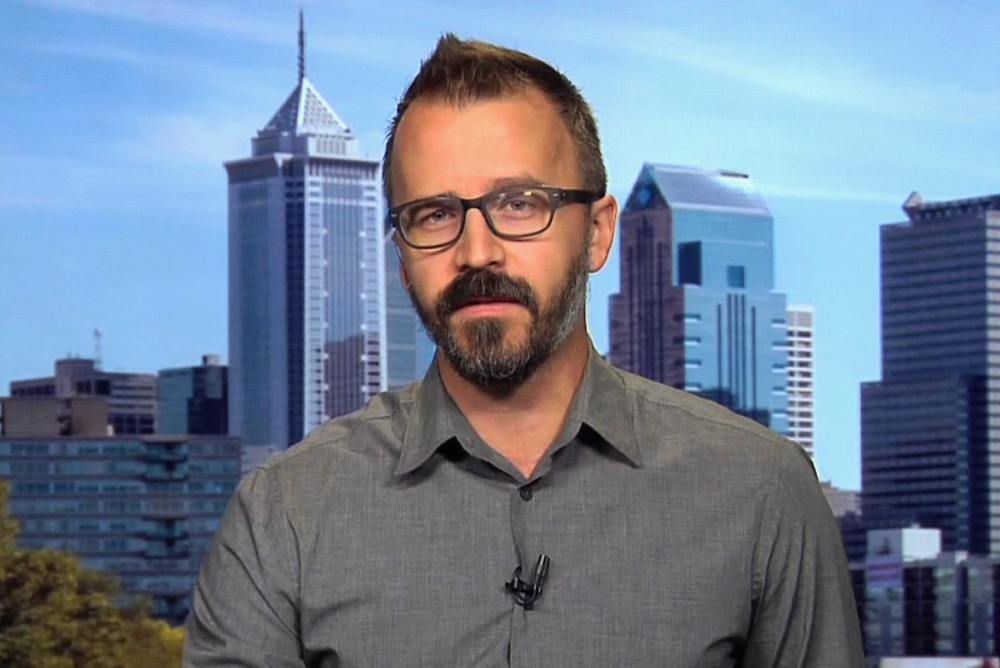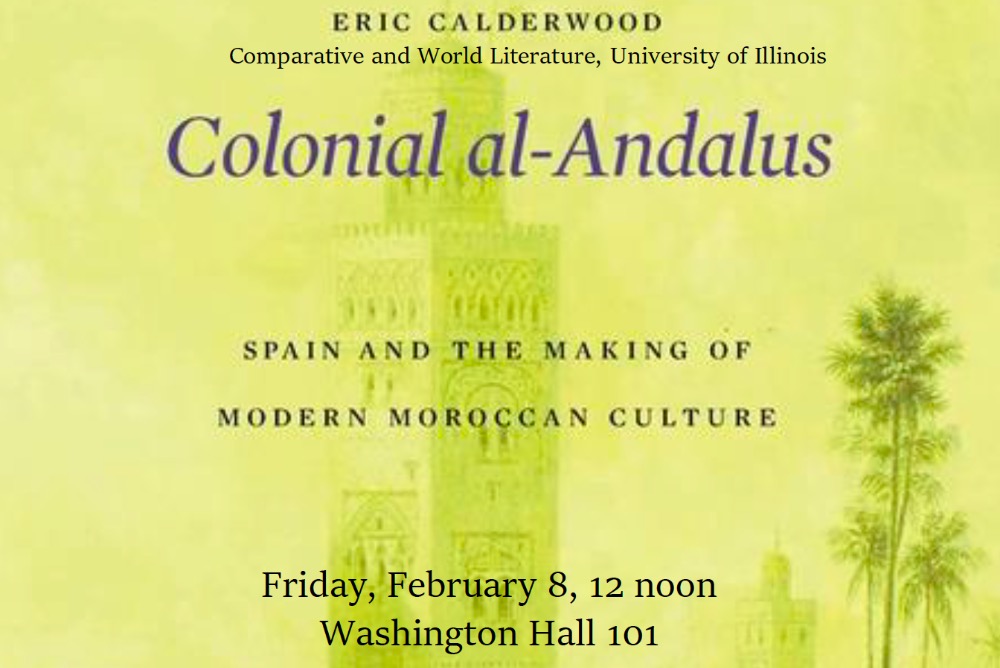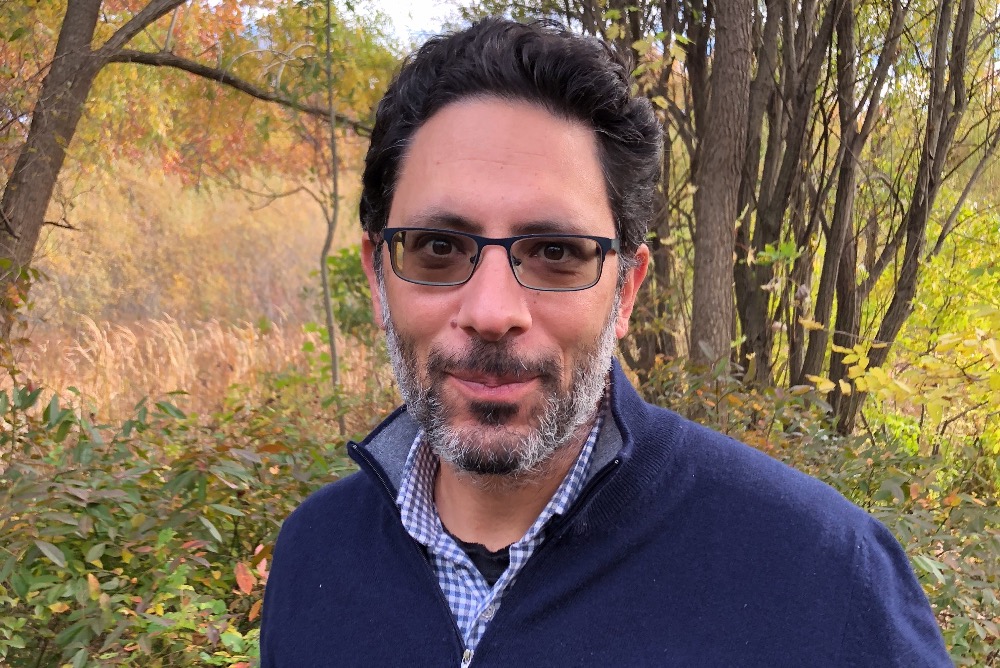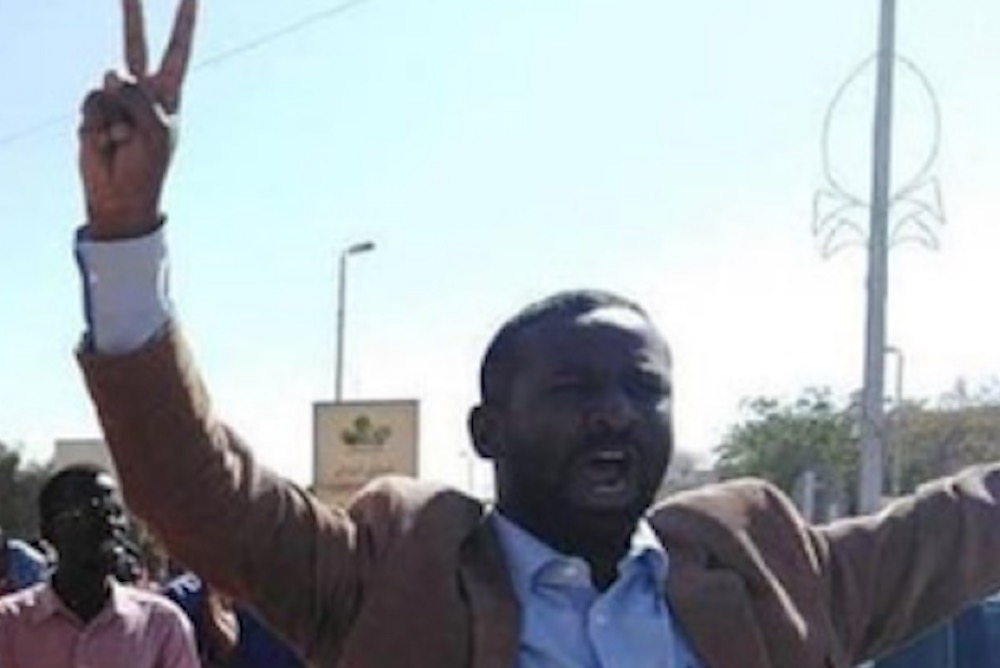Decolonizing Humanities Event Series
This series offers the community at William & Mary to learn from, interact with, and collaborate with academics, artist, musicians, performers, journalists, intellectuals, activists, public figures and community organizers. We invite people, locally, nationally, and internationally, doing work on decoloniality in a myriad of different ways.
27 | 28 | 29 | 30 | 31 | 1 | 2 |
3 | 4 | 5 | 6 | 7 | 8 | 9 |
10 | 11 | 12 | 13 | 14 | 15 | 16 |
17 | 18 | 19 | 20 | 21 | 22 | 23 |
24 | 25 | 26 | 27 | 28 | 1 | 2 |
| Go to today | ||||||
27 | 28 | 29 | 30 | 31 | 1 | 2 |
3 | 4 | 5 | 6 | 7 | 8 | 9 |
10 | 11 | 12 | 13 | 14 | 15 | 16 |
17 | 18 | 19 | 20 | 21 | 22 | 23 |
24 | 25 | 26 | 27 | 28 | 1 | 2 |
| Go to today | ||||||
If nothing seems more natural than to resist oppression, why does decolonization often come as a surprise? Prof. George Ciccariello-Maher theorizes the space where the colonizer's blindspots meet the imperative of the racialized colonial subject.
Eric Calderwood argue studies how the legacy of medieval Muslim Iberia, known as al-Andalus, served to justify Spain?s colonization of Morocco and also to define the Moroccan national culture that supplanted colonial rule.
Prof. Wadie Said explores how legal provisions from material support ban to the use of informants suggest that American criminal law enforcement draws on US international discourse for expansive discretion on their prosecutorial activities.
What is going on in Sudan? Why are there mass protests? Why are we not hearing about it? Come, join, and learn from faculty and Sudanese-American students at William & Mary talk about the Sudanese uprising! .
| SuSunday | MoMonday | TuTuesday | WeWednesday | ThThursday | FrFriday | SaSaturday |
|---|---|---|---|---|---|---|
27 | 28 | 29 | 30 | 31 | 1 | 2 |
3 | 4 | 5 | 6 | 9 | ||
10 | 11 | 12 | 13 |
| 16 | |
17 | 18 | 19 | 20 | 21 | 22 | 23 |
24 | 25 | 26 | 27 | 28 | 1 | 2 |




